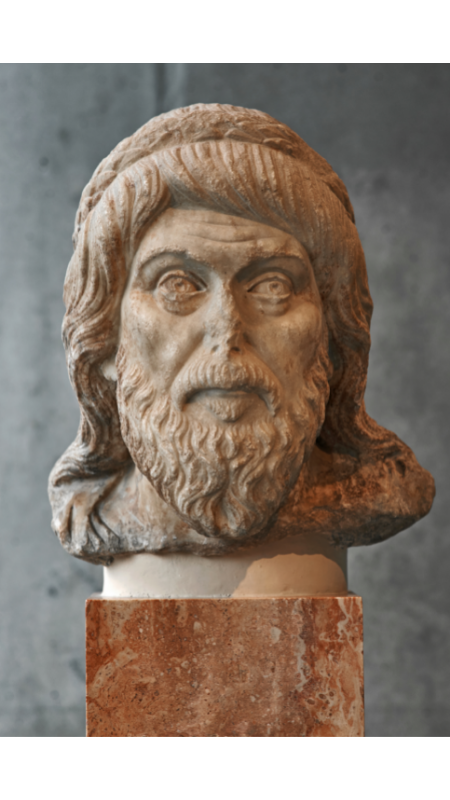Hegel and our impact on eternity
Precisely because Hegel is known for his moving world view, it is not exactly surprising that he also thought about eternity. In common parlance, eternity is an ultimate state. The eternal progression of time and the resulting never-ending, eternally continuing existence. But it is even less surprising that this constant continuum triggered a huge fascination in Hegel. He referred to it more than once in his works.
The following quote is a wonderful example:
"Eternity will not be, nor was, but is."
- Georg W. F. Hegel
For Hegel, eternity was not something that will only begin at some point or something that is already finished, as one would think when one says that something has already been an eternity. In his eyes, eternity is an inevitable concomitant of existence itself.
However, we as humans are only able to experience a very small part of eternity. Through our thinking we may be able to understand a larger part of boundlessness, but this understanding only ever takes place in the present moment. Through techniques such as writing, photographs or audio recordings, we are able to perceive thoughts, snapshots or conversations separately in time and space. However, both the recording and the reproduction always take place in the present moment, in the present piece of eternity.
As human beings, we are only able to do whatever we want to do in the present moment. Yet the present moment is also a part of eternity. Here is another quote from Hegel:
"That's what matters,
- Georg W. F. Hegel
in the appearance of the temporal and temporary
to recognize the eternal that is present."
For us, the world seems to be in a constant state of change. The trees lose their leaves, are bare and start to sprout again, only to lose their leaves again. What seem to us to be completely different experiences - the green, the bare and the sprouting tree - are all just fragments of the eternity that underlies everything. Although most people perceive them as individual moments, according to Hegel they should be recognized as temporary phenomena of the eternal.
Another method of recognizing the eternal in the present would be, in the example of the tree, to pay attention to what does not change. In this case, you can look at the trunk or the branches, because while the leaves are constantly changing, the trunk hardly ever does.
You are probably wondering what the point of all this is and why you should pay attention to the eternal in the present at all. It's quite simple, it brings an incredible feeling of Werdens within us. However small and insignificant we may be, we can have an impact on eternity. But we cannot do this at will, no, we are limited to our sphere of influence. For us, this sphere of influence is simply nothing more and nothing less than this very moment or the sequence of all moments that present themselves to us in life. However, we can neither intervene directly in the past nor in the future, which leads us to exactly the present.
Do you see it similarly to Hegel or do you have a completely different perspective? Let us know your opinion on this topic in the comments.







